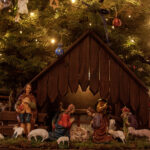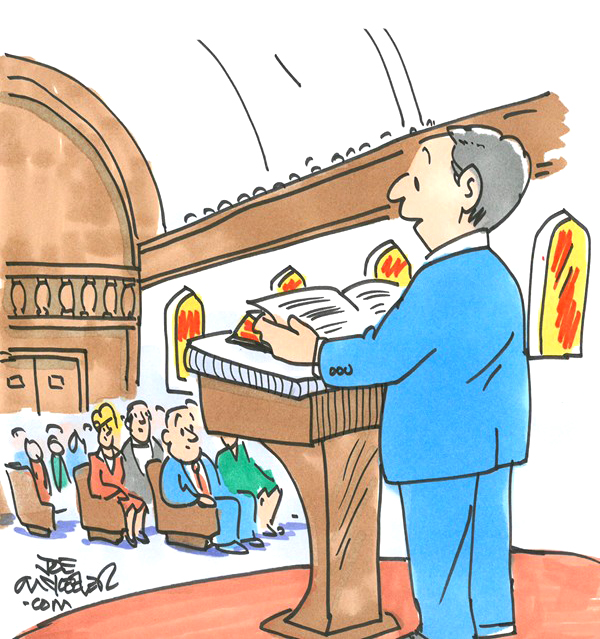
 FORT WORTH, Texas (BP) – You can’t escape them.
FORT WORTH, Texas (BP) – You can’t escape them.
There are 12 Days of Christmas contests on the radio, 12 Days of Christmas sales at the mall, 12 Days of Christmas charity drives and of course, that very long song.
Most people (in America, at least) seem to assume that these infamous 12 days describe those leading up to Christmas Day, as evidenced by the aforementioned contests and sales.
And yet it is actually that very factor — the American marketing machine — that has led to this erroneous labeling of Dec. 14-25 as the Twelve Days of Christmas. For retail business, Dec. 25 marks the end of the Christmas season.
However, in Christian tradition, the Twelve Days actually refer to the celebration of Christ’s nativity — also called “Christmastide” — between Christmas (Dec. 25) and Epiphany (Jan. 6), the day that celebrates the visit of the Magi. For this reason, the evening of Jan. 5 is called “Twelfth Night,” made famous by William Shakespeare’s play of that title.
The days preceding Christmas — four weeks to be exact — are more traditionally referred to as Advent, the time in which Christians anticipate both the first and Second Comings of Jesus to earth. In the tradition, Christians don’t actually celebrate (or sing about) Christ’s birth until Christmas Eve, and then they continue to sing about and celebrate the Nativity for the Twelve Festival Days of the season.
There is no biblical mandate to celebrate the Church year, and if someone chooses not to follow the traditional Church calendar, I certainly respect that. Yet utilizing this historic Christian practice can be a great blessing for individual Christians, families and churches alike.
Delaying the celebration with four weeks of yearning makes our focus on the incarnation even more sweet. These weeks of Advent remind us of the reality of sin and desperate need of salvation. They place within our hearts anticipation of not only the first coming of Christ but also His Second Coming.
They allow us not to escape from the realities of pain and sin around us, but to acknowledge them and direct our longing to the only real solution — the incarnate Son of God. As is true of the Book of Psalms, joy and praise become deeper when they are preceded by lament.
And then, with a preparatory period of longing complete, the joyous celebration of Christmas can fill our hearts with a delight and thankfulness made even more stark against the backdrop of longing. The darkness turns to light, lament becomes praise, and longing changes to reality.
Especially at the end of a year that for most has been filled with anxiety, pain, sickness and even death, use these four weeks leading up to Christmas as a time to cry out to God with longing in your heart for the soon coming again of our Savior.
Then rejoice for 12 days in the reality of His first coming, continuing to anticipate His Second Coming, a time in which sin and sorrow will no longer grow, when His blessings will flow “far as the curse is found.”
May that day come quickly! O come, O come, Immanuel!






















